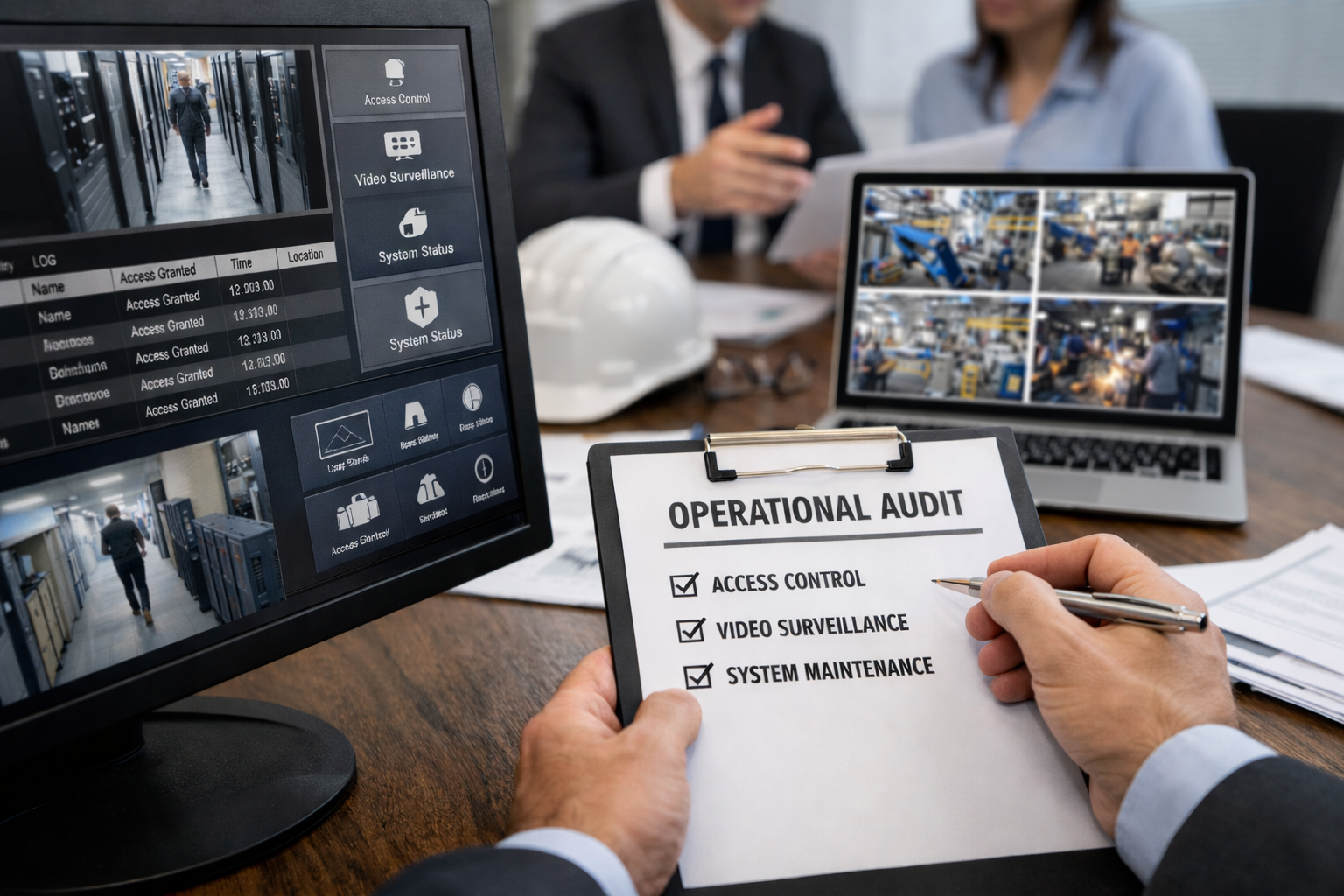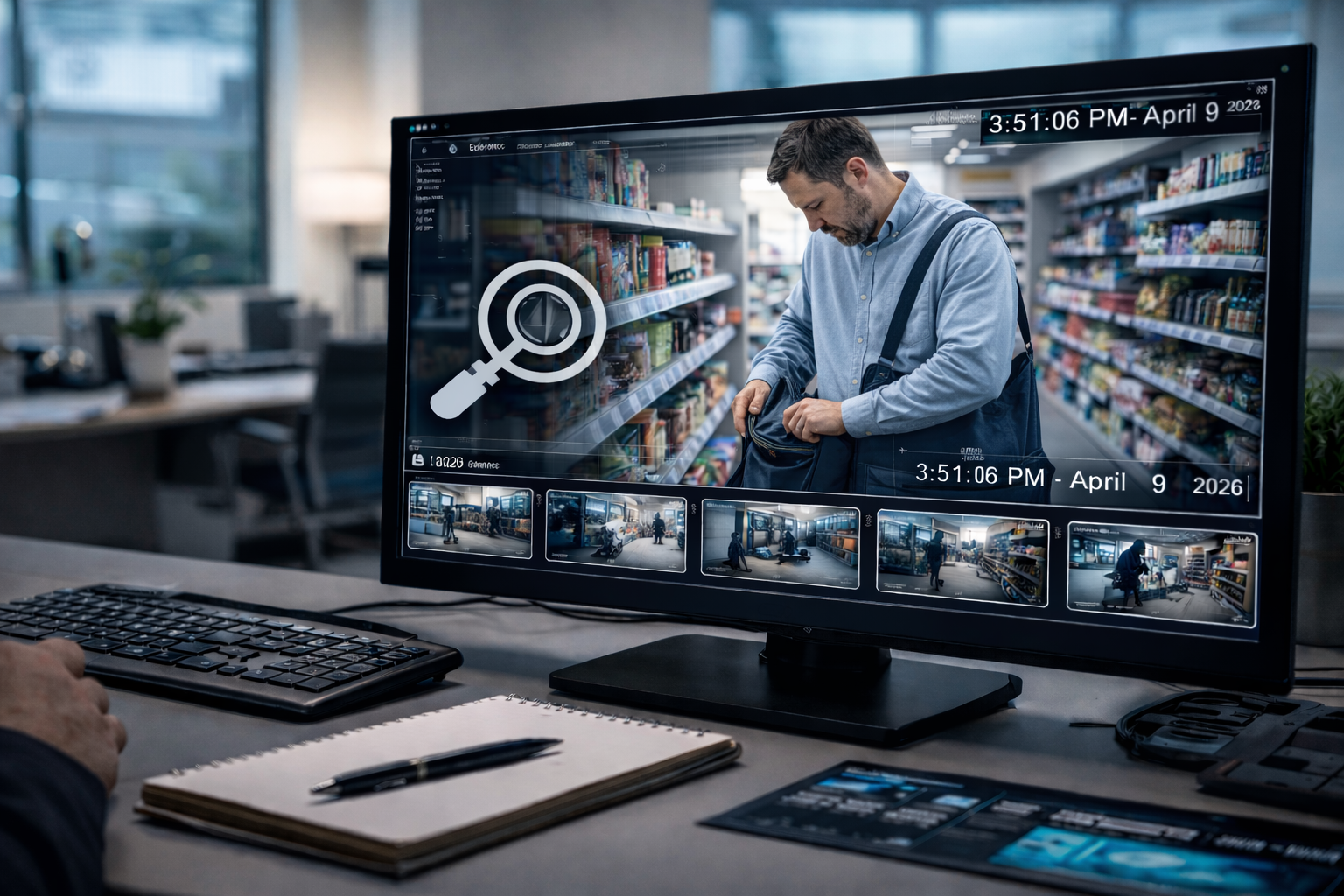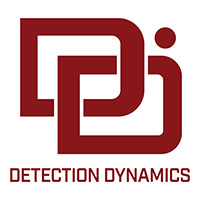For a few years, the team at Hoosier Security has been following stories in the news regarding Hikvision and its close ties to the Chinese Communist Party. For those who are not aware, Hikvision is a powerhouse inside of the Chinese government, which puts many on edge, including our very own President of Hoosier Security, Armando Perez.
Hikvision is the world’s largest supplier of video surveillance products, including high-definition IP cameras, speed domes, hybrid and standalone DVRs, NVRs, digital video servers, and compression cards. On a global scale, many are concerned with what the alliance between Hikvision and the Communist Party means to the video surveillance industry. Moreover, there are concerns related to the violation of privacy through cyber spying by the Chinese government.
In December of 2015, Hikvision received $3 billion from the Chinese government, which put many here in the U.S. on high alert. On December 9, Hikvision hosted the first meeting of their Communist party committee. Led by Zongnian Chen, Hikvision’s Chairman and the Communist Party Secretary, the meeting was also attended by Hikvision’s President Hu Yangzhong and other senior officials inside the organization.
IPVM, the world’s leading video surveillance information source, has researched and written many pieces about this subject that have highlighted the company’s ties to the Communist Party.
According to IPVM, “In fairness to Hikvision, Hikvision is not new to the Communist party…previously Hikvision had been lower down in the Communist Party, as a branch.”
In addition, per IPVM, “Also this release (from their parent government division), notes that Hikvision is a state-owned enterprise, i.e., government run as well, something that Hikvision generally attempts to downplay/deny.”
Just last month, Yangzhong bought 22 million Hikvision shares totaling $100 million USD. This purchase is significant in that it reiterates the strong ties that the organization has to the Chinese government and Community Party.
As the organization continues to make strong moves that align with the Chinese government and Communist Party, there are mounting concerns as to how the massive corruption inside the Party will translate to the video surveillance products they are selling.
IPVM tied all this together in its article:
China runs an advanced cyber spying program against the United States and other Western countries. Having millions of Hikvision cameras inside foreign networks is very valuable for Chinese government spying. Hikvision already has the worst track record in video surveillance for cyber security breaches.
Perez has similar concerns and makes it his company’s policy to use U.S.-made cables, connectors, and switches. He understands and sees the impact that China is having on the security industry, which isn’t a healthy one.
I see Hikvision as an aggressor in the forced consolidation of an industry that otherwise thrives on diverging viewpoints. Not only is Hikvision a factor in the economics of the industry, but they also bring up considerable questions about espionage and data security. I can see why they would want to make this play, though, there are few things more valuable to a government than a potentially unmetered data stream from around the globe. It should make Americans think twice about it when choosing their security hardware providers.
There is a lot of information to digest here, but Hoosier Security is committed to providing clients with a custom security solution that they’re comfortable with. In the end, it’s Hoosier Security’s goal to provide the education necessary to clients so they don’t feel forced to purchase a security system that threatens their personal security. Hoosier Security stands by its choice to not sell Hikvision recorders.









